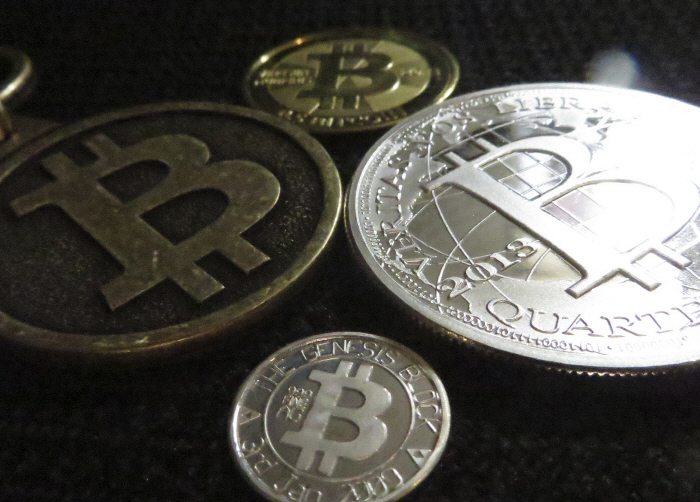With bitcoin gaining popularity and acceptance among masses, the debate about its actual definition and legal status has also become fierce.
The U.S. Internal Revenue Service considers bitcoin as a property; a federal judge perceives it as a currency and recently, the Commodity Futures Trading Commission (CFTC) has declared it as a commodity. That means the regulator can now levy charges against any wrongdoer trading digital currency futures and options.
Bloomberg spoke to the leading members of the bitcoin community for their views on the matter.
Mike Hearn, software developer specializing in Bitcoin, said:
“There are so many regulators in the U.S., and they all want more jurisdiction, which leads to a constant stream of bizarre rulings. None of them has much work to do because there’s not a whole lot of financial innovation happening in the States. So when they find a small one-man startup they can’t resist giving themselves work to do – so they go in and whack it, especially in California.
“I’m not terribly surprised and not terribly worried. I think the CFTC has a very weak case here and it’s a very creative reinterpretation of what the word commodity means. The ruling will be challenged and judges will apply common sense and decide it to be a currency" as happened in the Silk Road case.”
Preston Byne, co-founder and COO of Eris Industries, said:
"If you’re using Bitcoin as a remittance tool you’re not going to like this, but if you’re using it as a business this regulation gives you a framework that’s predictable. However a lot of the value proposition of Bitcoin is tied up in the non-compliance aspect. With the cost of compliance can companies stay competitive?
“Regulation of Bitcoin is necessary and premature at the same time. It’s the fault of the federal system. If you’re in England, everything happens in one city – regulators can easily visit the Chancellor, Bank of England and the companies. In the U.S. there’s a patchwork of inconsistent agencies who don’t coordinate their different fiefdoms.”
Gareth Grobler, founder of the IceCUBED Bitcoin exchange, said:
“In the U.S. there are regulators that look at Bitcoin from their own perspective and just arbitrarily make up a rule or guidance. New York regulates it as a currency, for example. It’s just not sensible. If this ruling does affect anyone, they’ll just move to offshore jurisdictions.
“Bitcoin has many uses – sometimes it’s used, traded as a commodity but it’s also used as a currency and a technology.”
Mark Lamb, CEO of Coinfloor Bitcoin exchange, said:
“Regulators need to be talking with each other and engaging with industry. The CFTC doesn’t seem to have done either of those. Just claiming a platform is illegally offering bitcoin options isn’t helpful if they’re trying to have a relationship with these companies.
“There’s a lot more collaboration in the U.K. between the Treasury, the FCA, HMRC and the top Bitcoin companies. To date the government hasn’t taken a public position that they’ve had to take back.
“Having said that I’d rather Bitcoin were regulated as a commodity because commodity regulations are the lightest.”
Bitcoin Community disagrees with recent bitcoin rulings

Bitcoin IMG_4400 (BTC Keychain_Flikr)
Monday, September 21, 2015 5:22 AM UTC
Editor's Picks
- Market Data
Most Popular



 FxWirePro- Major Crypto levels and bias summary
FxWirePro- Major Crypto levels and bias summary 






























